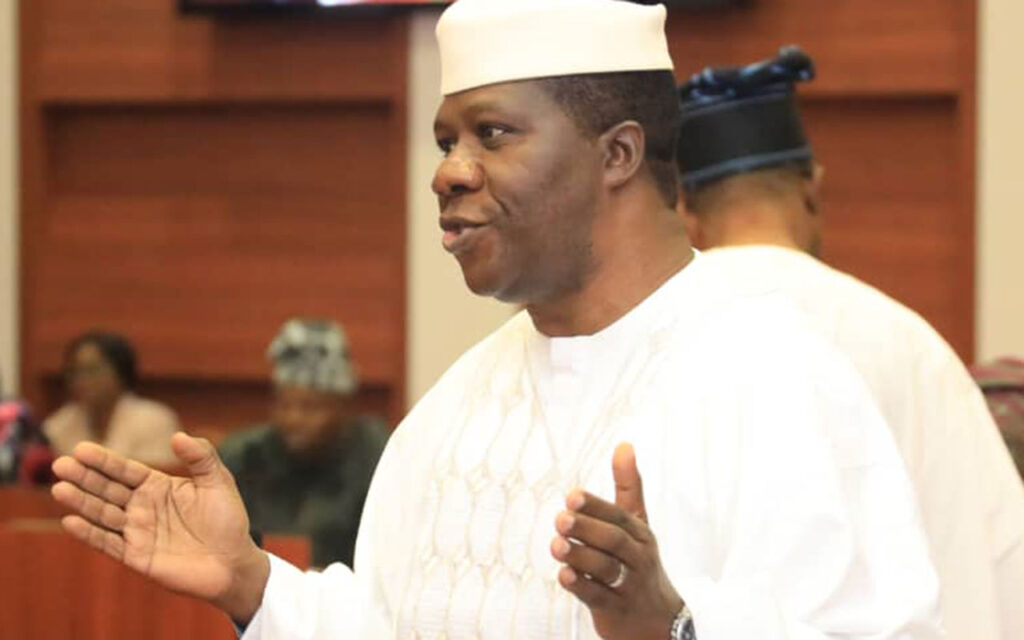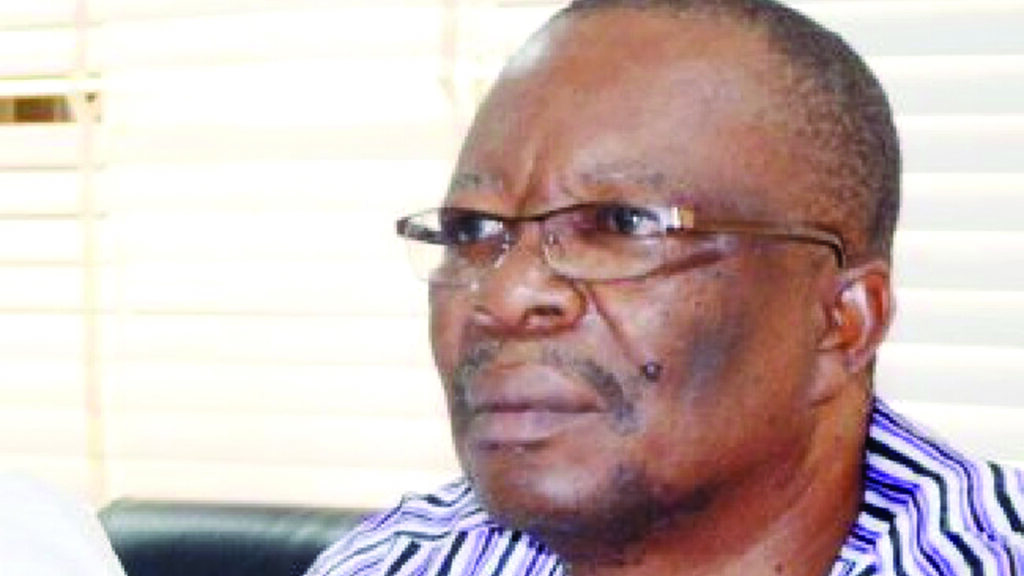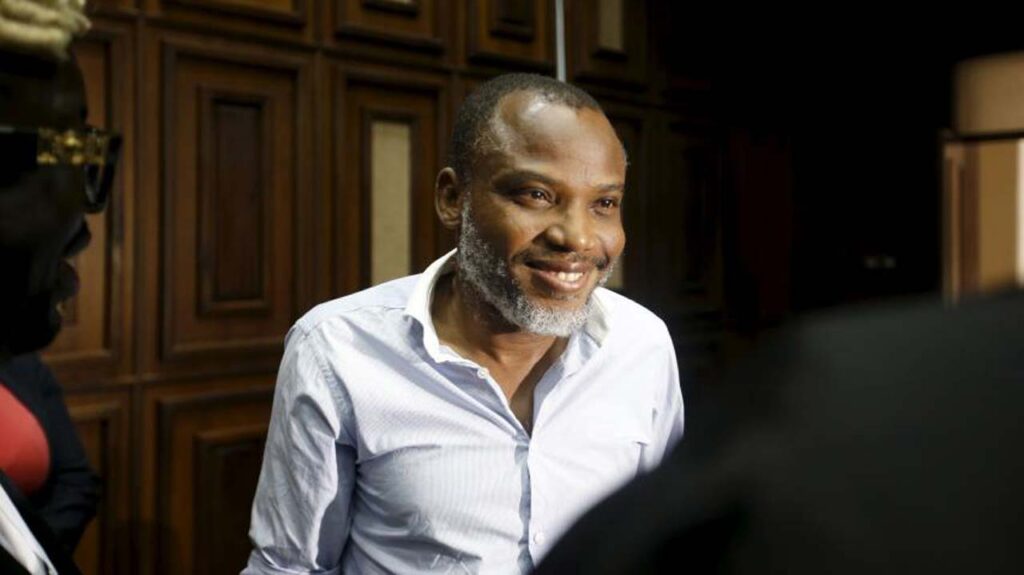Chairman of the Federal Civil Service Commission (FCSC), Prof. Tunji Olaopa, yesterday, outlined some measures civil servants could adopt to actualise the performance bonds they signed with President Bola Tinubu towards realising his Renewed Hope Agenda.
He spoke at the public lecture marking the 2024 Civil Service Week in Abuja.
In what he called a goodwill message, Olaopa said he was participating in this year’s civil service week as FCSC Chairman, recalling that the last time he did, he was a permanent secretary.
Olaopa congratulated career-bureaucrats and the body of public servants in Nigeria and across the African continent on yet another yearly celebration.
He recalled that the African Union (AU), in designating the event as Public Service Week in 1994 in Tangier, Morocco, has provided “an annual seminar platform to beam critical light on how we might raise the bar of professionalism and capability readiness of the civil service as the engine room of government in the delivery of transformational development policies and good governance on the African continent.”
He noted that his message had two purposes. One was to congratulate Dr. Folasade Yemi-Esan, the Head of the Civil Service of the Federation, on her “commendable spirited and innovative reform initiatives through the implementation of the Federal Civil Service Strategy and Implementation Plan (2021-2025). I dare say that your brilliant reform programme has significantly deepened institutional reforms and the system’s improvement in a measure that will surely stand the test of time.”
He said that the other purpose was to “latch on to the backdrop of those significant and irreducible innovative reform layers that constitute your legacies, to admonish and challenge your successor(s) by offering perspectives that might help us to build on those reform legacies as the next step, to reform the reform, so we do not reinvent the wheels.”
According to Olaopa, to be able to build on current gains as the administrative reform progresses, “will require value-based leadership sophistication that draws from deep and nuanced out-of-the-box strategic thinking, and leadership by example.”
He continued: “My contribution to crystallising the road map for the next level of the reform therefore, while not pre-empting our revered guest speaker, will be to pose many seminal questions that we all have to do well to confront and answer creatively, as we reflect on the theme of this year’s civil service public lecture.
“Beyond the scholarly tone and perspectives that our erudite and renowned emeritus Professor Peter Okebukola will of course eloquently provide therefore, I am saying that we also need a seminal compass for our reflection as a profession on what we have learnt from past reforms and the education that is fit for preparing the civil service, not just for the heavily volatile and confounding development management in the 21st century, but in navigating the unfolding 4th and 5th Industrial Revolutions.”
Olaopa, therefore, proceeded to pose seven quick questions, which according to him, “should be the focus of our reflection as policy management professionals and administrators that government is bound to rely on for problem-solving in the dynamic of implementing its Renewed Hope Agenda, going forward.”
He asked why change intended by past and current institutional reformers in the Nigerian civil service has become such a “Sisyphean task that makes it appear as if reformers are rolling a boulder up the hill only to have it roll back down, again and again, in a series of motions without movement.”
The chairman said that the question merely rehearsed the famous 1849 axiom that the French satirist, Jean-Baptiste Alphonse Karr, contributed to change management philosophy when he wrote, “The more things change the more they stay the same.”
In other words, Olaopa said, “Why is it that, despite the many spirited civil service reform initiatives since 1999, the federal bureaucracy, on balance, seems to be declining in some vital performance indicators and parameters that are key to its overall effectiveness as the engine room of governance?”
He submitted: “As we make the move to institute a performance management system (PMS) to activate the performance bonds that we signed with PBAT – a reform paradigm shift that has been pending since 1974 when Jerome Udoji reform commission recommended the introduction of planning, programming, budgeting system (PPBS) as backend to management by objectives (MBO) and project management praxis in the civil service – how far have we gone to reengineer the MDAs? ‘I am directed’ standard operating bureaucratic protocols and backend in anticipation of a launch of a full-blown PMS, so the service is sure-footed to concretely deliver measurable output-outcomes within the results-based managerial framework?”
He further asked what changes public servants need to make to “resource-use efficiency, value for money concerns in the expenditure structure of government, to enable required efficiency gains for containment of redundancies and wastes, so we can help the government stem the tide of expanding but unsustainable cost of governance which is limiting real development funding and investment.”
The professor of public administration noted that if civil servants get sufficiently innovative in resource-use efficiency, and they are thus in a position to enter into significant productivity bargain-enabled enhanced pay and remuneration, then “we would have gained enhanced bargaining leverage for better condition of service as motivation and incentives (monetary and non-monetary) required to attract talents and scarce skills into the service, thereby raising the prestige of our profession, and restoring government as employer of choice in the national economy.”
He went on: “This, in turn, raises another relevant question: what would be the contingent changes to personnel policies, pay level, and operational cost ratios that are most cost-effective and consistent to achieve optimal productivity level in the public service and, by extension, the national economy?
“And what change management and capability enhancement strategy are in place to redress situations that will arise when MDAs are falling short in delivering on the performance bond that we signed with the Federal Government of Nigeria?”
According to Olaopa, from his vantage position as the Service Commission Chair, he is fully available to collaborate in addressing these concerns “through sharing and learning and strategic partnership to take current reform programmes to the next level.”













